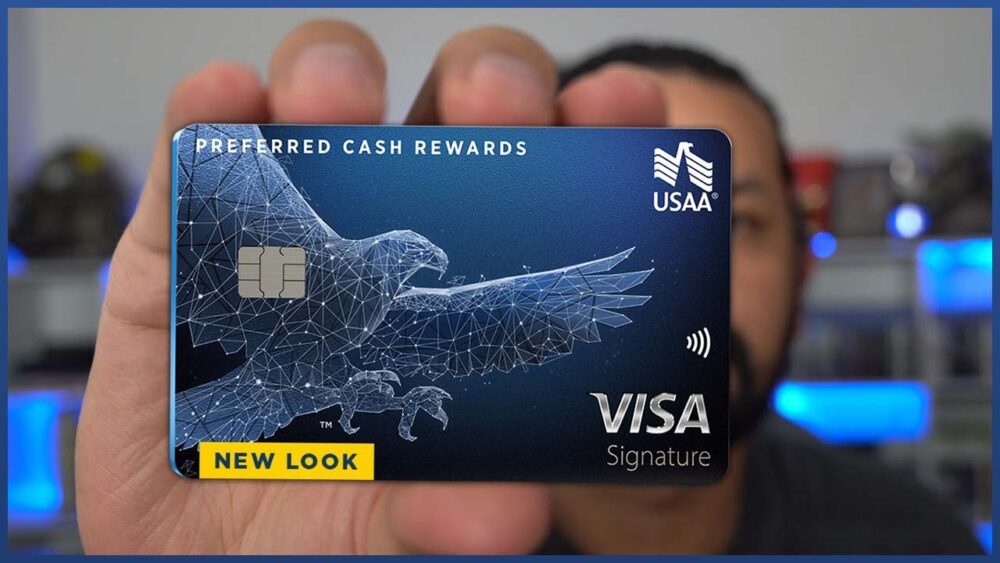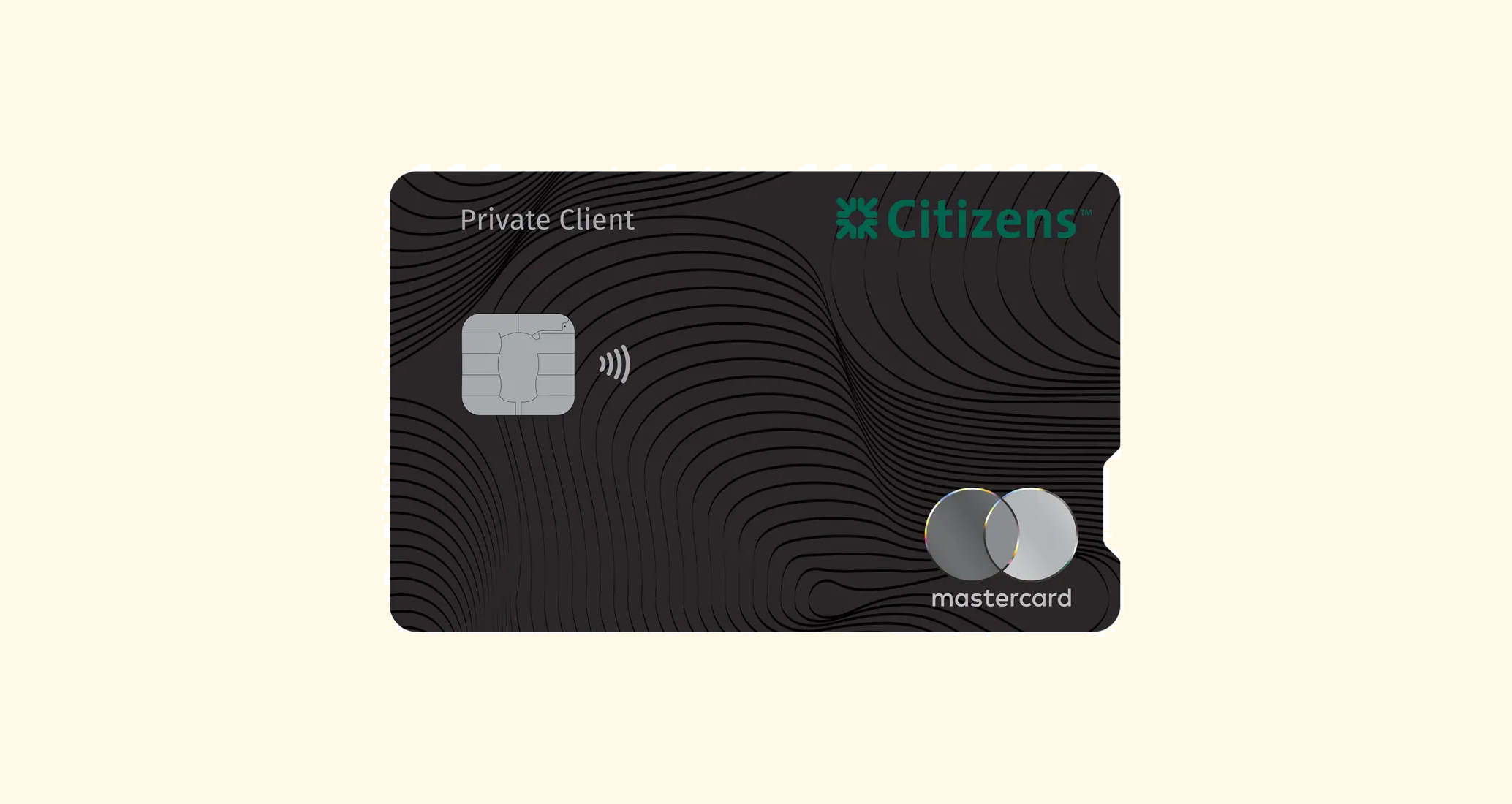The Psychological Effects of Using Credit Cards in Shopping and Financial Management

Psychological Impacts of Credit Card Usage
In contemporary society, credit cards have become an essential tool for consumers, influencing both shopping behavior and financial management.
The psychological effects of credit card usage can be profound, often encouraging spending patterns that deviate from traditional cash transactions. One significant aspect is the increased spending behavior associated with credit card transactions. Studies show that consumers tend to spend more when using credit cards compared to cash. This phenomenon can be attributed to the abstract nature of digital transactions; the physical act of handing over cash often creates a more tangible connection to expenditure, prompting consumers to think twice before making a purchase. Research from various consumer behavior studies indicates that people tend to spend 10 to 20 percent more when using credit cards, which can lead to unnecessary purchases and contribute to overspending.
Another critical psychological effect is the concept of delayed gratification. Credit cards provide consumers with immediate access to funds, creating a false sense of security regarding their financial situation. This immediacy encourages impulsive purchases, as individuals may tend to overlook the long-term ramifications of their spending. For instance, a consumer might choose to buy an expensive gadget on credit, rationalizing the purchase by thinking payments can be spread over time without considering accrued interest and future obligations. This impulsivity can lead to a precarious financial situation, where individuals find themselves unable to pay off their balances, further exacerbating their financial woes.
The convenience of credit cards often leads to a detrimental cycle, commonly referred to as the bride of debt. The ease of swiping a card can lead consumers to accumulate more debt than they can handle. According to recent statistics from the Federal Reserve, the total U.S. credit card debt has exceeded $1 billion, highlighting a growing concern regarding financial literacy and management. This environment not only affects individual financial stability but also impacts mental well-being significantly. As consumers grapple with the stress of mounting debt, anxiety and worry can take a toll on their mental health, leading to a vicious cycle of spending and debt accumulation.
Furthermore, external factors such as social pressures and innovative marketing strategies amplify the cognitive biases associated with credit card usage. In the United States, where consumerism is heavily promoted, societal norms often encourage an instant-gratification mentality. From limited-time offers to reward programs that incentivize spending, marketing tactics are designed to manipulate consumer behaviors. For instance, promotional campaigns that suggest “buy now, pay later” can further lure consumers into spending beyond their means, making it vital for individuals to develop a keen understanding of their personal financial limits.
This discussion highlights the multifaceted implications of credit card usage, illustrating how these financial tools not only facilitate immediate purchasing but also profoundly shape broader financial behaviors and mental states. Understanding these psychological dynamics is essential for consumers who seek to make informed decisions in their shopping and financial management practices. By being aware of these influences, individuals can adopt healthier spending habits and develop strategies to manage their finances more effectively.
DIVE DEEPER: Click here to learn about the economic impacts of climate change
Understanding the Behavioral Patterns Triggered by Credit Card Use
Credit card usage is more than a mere financial transaction; it encompasses a complex interplay of psychological mechanisms that can shape consumer behavior in significant ways. One of the most critical psychological influences is the phenomenon known as the “pain of payment”. When individuals use cash for purchases, they experience a palpable loss, which serves as a strong deterrent against overspending. Research indicates that the physical act of handing over cash activates areas of the brain associated with loss and pain. In contrast, credit cards tend to diminish this feeling of loss, allowing consumers to detach from the immediate consequences of their financial decisions. This reduction in perceived pain can encourage consumers to make purchases they might otherwise reconsider if they were limited to cash transactions.
Moreover, credit cards introduce a sense of social status and prestige that can influence purchasing behavior. In many cases, the ability to pay with credit is perceived as a sign of financial availability and status. People may feel compelled to purchase certain branded items or luxury goods as a means of signaling wealth or success to peers. This social pressure often leads to a phenomenon known as “conspicuous consumption,” where individuals spend extravagantly on non-essential items to project a certain image. This behavior is further exacerbated by marketing strategies that equate credit ownership with lifestyle achievements, leading to internalized beliefs about the necessity of maintaining a specific standard of living, regardless of actual financial capacity.
Credit cards can also foster a cycle of instant gratification. The ability to make immediate purchases without the need to physically part with currency can evoke feelings of excitement and satisfaction. This impulsive demeanor is particularly prevalent among younger consumers who are less experienced in financial management. Over time, the reliance on immediate rewards tied to credit card spending can lead to diminished self-control, encouraging further reckless spending habits. The psychological rewards associated with immediate gratification can overshadow the eventual need to repay credit card balances, leading to potential financial ruin.
Understanding the consequences of credit card use can provide consumers valuable insights into their spending patterns. Here are some essential aspects to consider:
- Spending Triggers: Identify situations or emotions that prompt impulsive credit card use, such as stress, boredom, or social gatherings.
- Budgeting Discipline: Establish a monthly budget that limits credit card use, making purchases more mindful and conscious.
- Awareness of Interest Rates: Recognize the impact of high-interest rates on credit card balances and how they can compound over time.
- Emotional Spending: Be aware of the tendency to use credit cards as a coping mechanism during negative emotional states, leading to financial strain.
In navigating the psychological landscape of credit card usage, individuals can empower themselves to make more informed choices that align with their financial goals and mental well-being. Understanding these psychological intricacies is crucial when assessing how credit cards influence both shopping behaviors and overall financial management.
DISCOVER MORE: Click here to learn about the impacts of globalization
The Impact of Credit Card Debt on Mental Health
While credit cards can facilitate spending and provide convenience, the accumulation of credit card debt can have devastating effects on an individual’s mental health. The growing burden of debt is often associated with increased levels of stress, anxiety, and depression. Studies have indicated that individuals who carry high levels of credit card debt report experiencing significant distress, which can stem from concerns about repayment, interest rates, and the potential for financial instability.
The psychological stress associated with credit card debt can lead to feelings of shame and guilt. Many individuals perceive their inability to manage debt as a personal failure, which can result in withdrawing from social activities or avoiding discussing financial matters with others. This avoidance behavior often exacerbates feelings of isolation and helplessness, leading to a downward spiral in mental health. Furthermore, the societal stigma surrounding debt can heighten these negative emotions, making it challenging for individuals to seek help or support in their financial management.
Additionally, credit card debt can significantly impair cognitive function. The continuous worry regarding financial obligations can occupy mental bandwidth, leading to a phenomenon known as cognitive overload. Individuals may find it difficult to concentrate and make sound decisions in other areas of their lives, from day-to-day activities to long-term planning. This diminished cognitive capacity can further hinder effective financial management, resulting in a self-perpetuating cycle of poor financial decisions and accumulating debts.
The Role of Credit Card Rewards on Consumer Behavior
Credit cards often come with rewards programs that promise benefits such as cash back, travel points, or discounts on future purchases. While these rewards can be appealing, they can also lead to increased consumption and overspending. Consumers may feel incentivized to make purchases they would not typically consider in order to accumulate rewards, thus enhancing the likelihood of accumulating debt.
Moreover, the psychological phenomenon known as loss aversion comes into play when considering credit card rewards. Individuals may perceive the loss of potential rewards as a significant cost, leading them to prioritize purchases that provide these benefits over their essential needs. This mindset can distract consumers from the overall financial implications of their spending, as they focus on the short-term pleasure associated with rewards rather than the long-term consequences of insatiable consumption.
Strategies for Mitigating Negative Psychological Effects
To combat the adverse psychological effects associated with credit card use, consumers can employ several strategies to foster healthier financial habits:
- Set Clear Financial Goals: Establish specific, realistic financial goals to create a sense of purpose and direction in spending behavior, which can mitigate impulsive tendencies.
- Practice Mindfulness: Engage in mindfulness practices that promote awareness of spending triggers and emotional responses related to credit card usage. This can help individuals make more deliberate choices regarding purchases.
- Limit Credit Card Access: Reduce the number of credit cards in active use and consider designating one card for emergencies only, promoting discipline in spending.
- Utilize Budgeting Tools: Leverage mobile apps or financial management tools that help track expenses, creating a clearer picture of spending patterns and reinforcing accountability.
By understanding the psychological dynamics of credit card use and implementing effective management strategies, individuals can reduce the adverse psychological effects associated with debt and consumption and build a healthier relationship with their finances.
DISCOVER MORE: Click here for essential strategies
Conclusion
In conclusion, the psychological effects of credit card usage in shopping and financial management present a complex interplay of benefits and challenges. While credit cards can offer convenience and rewards that appeal to consumers, they also contribute to significant psychological stress when debt accumulates. The associated feelings of shame, guilt, and anxiety can diminish mental well-being, resulting in cognitive overload that hampers decision-making capabilities. Furthermore, the allure of rewards can lead many to prioritize short-term gratification over long-term financial stability, increasing the risk of overspending.
Understanding these psychological dynamics is crucial for developing sound financial habits. By implementing strategies such as setting clear financial goals, practicing mindfulness, limiting credit card use, and utilizing budgeting tools, individuals can foster healthier relationships with credit cards. These measures not only mitigate the adverse psychological effects but also empower individuals to take control of their financial situation, promoting a more stable and less stressful financial life.
As credit card usage continues to be a prevalent aspect of modern financial management, it is essential for consumers to remain aware of the psychological implications of their spending behaviors. Emphasizing education and support in personal finance can cultivate a more informed and responsible approach to credit, ultimately enhancing both financial health and psychological well-being.


